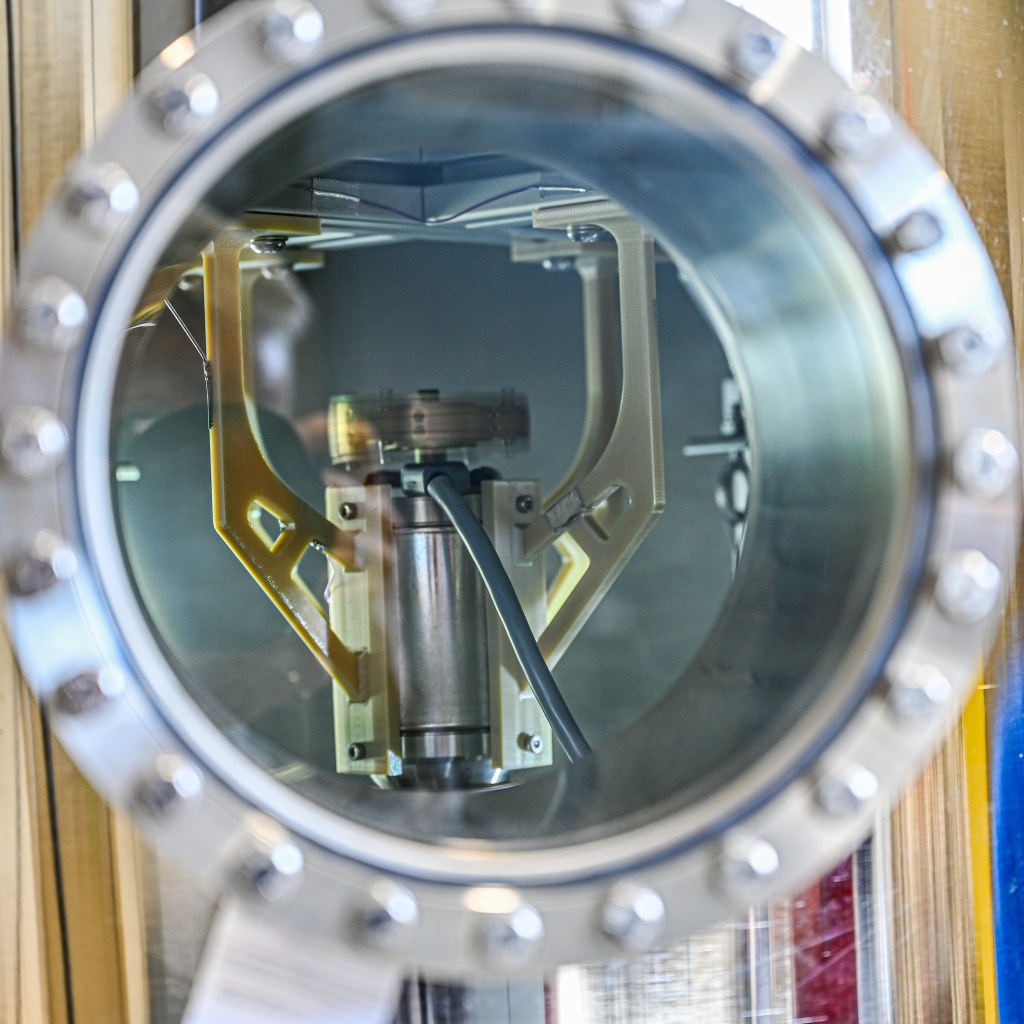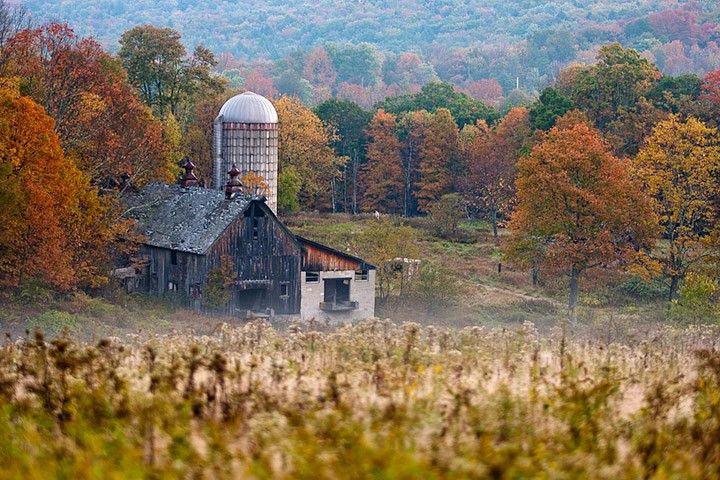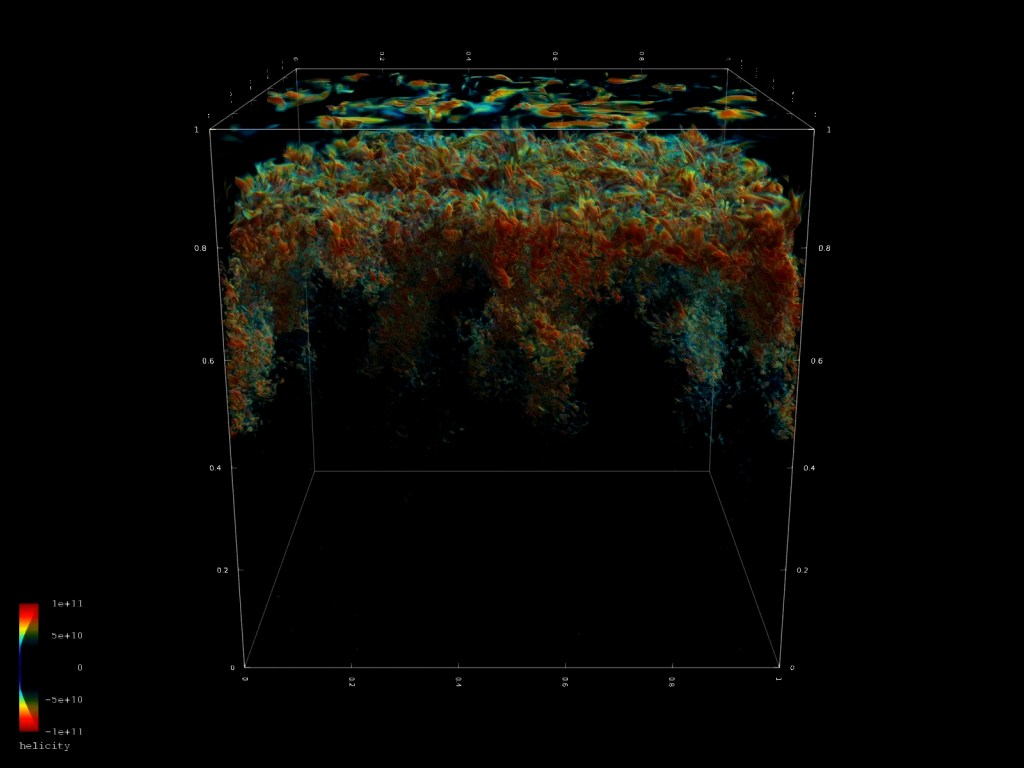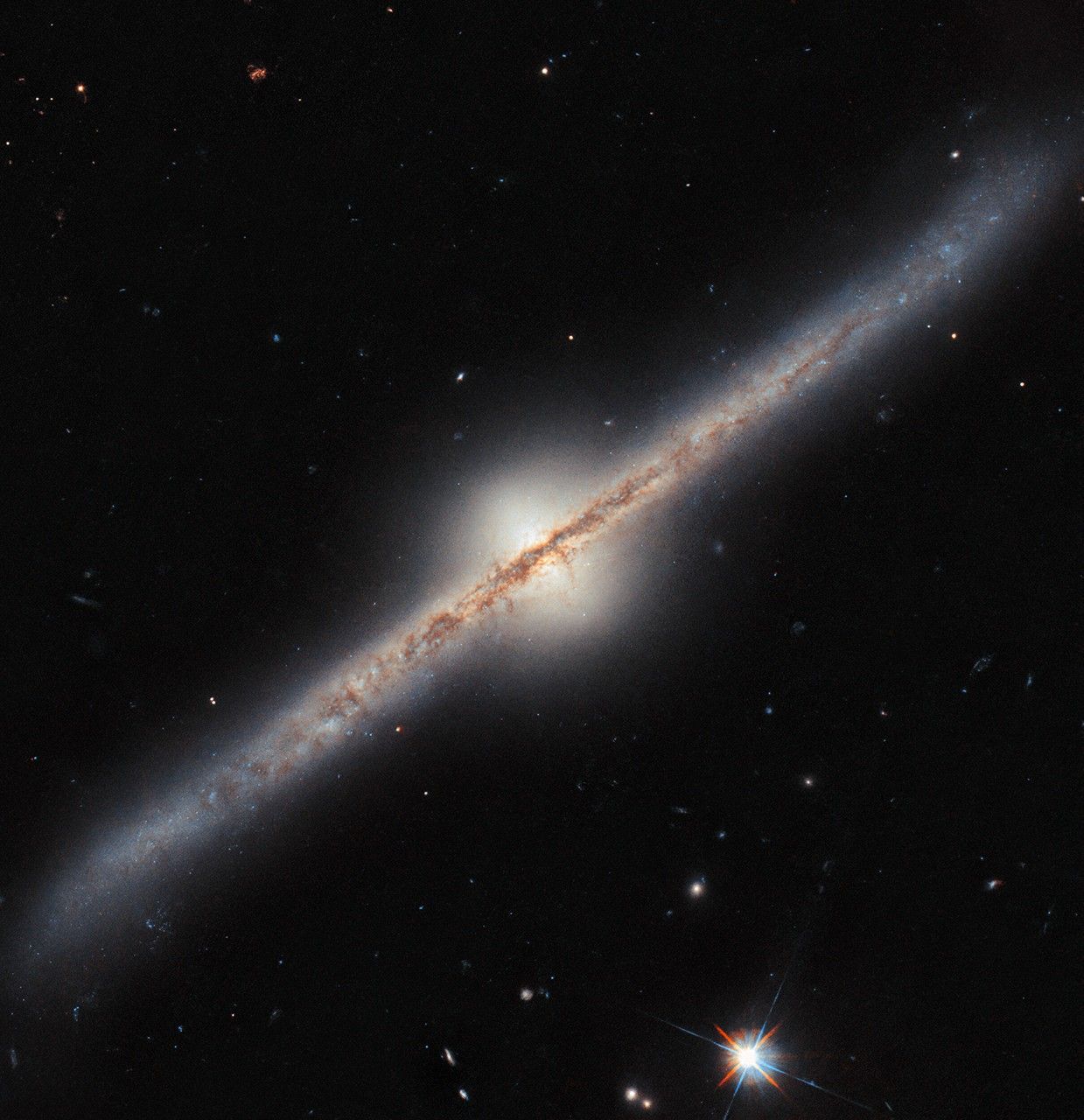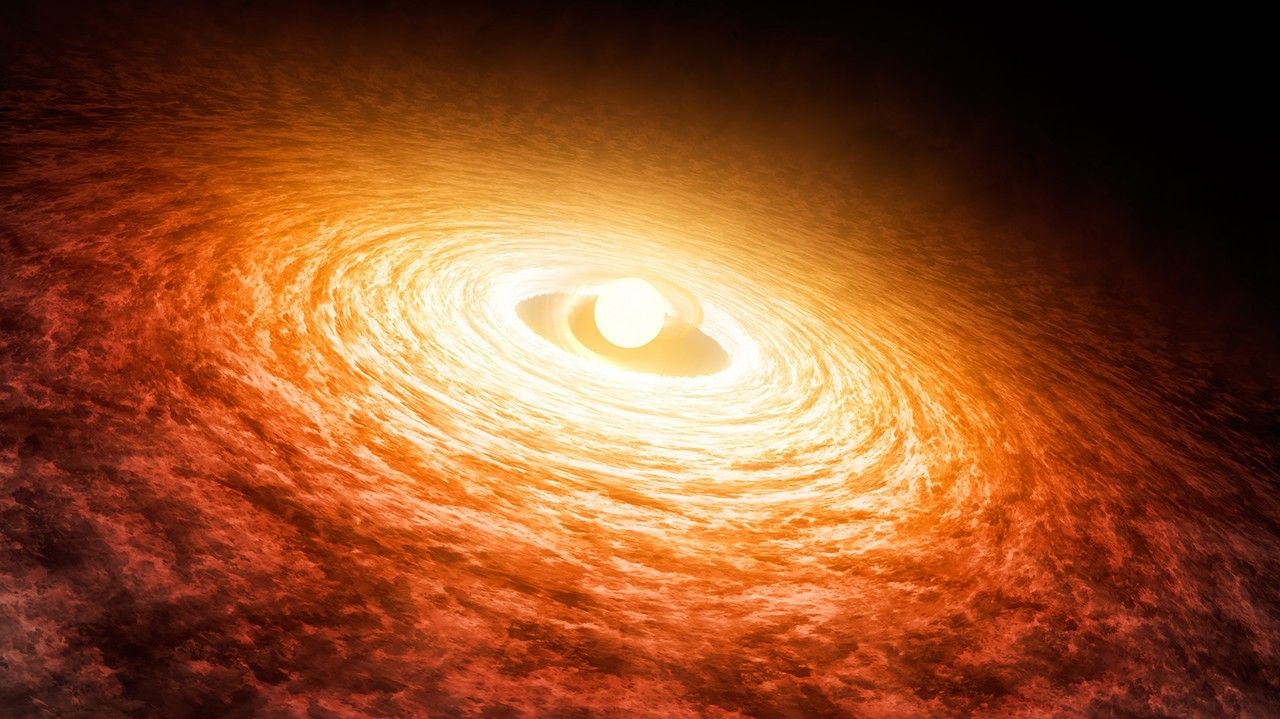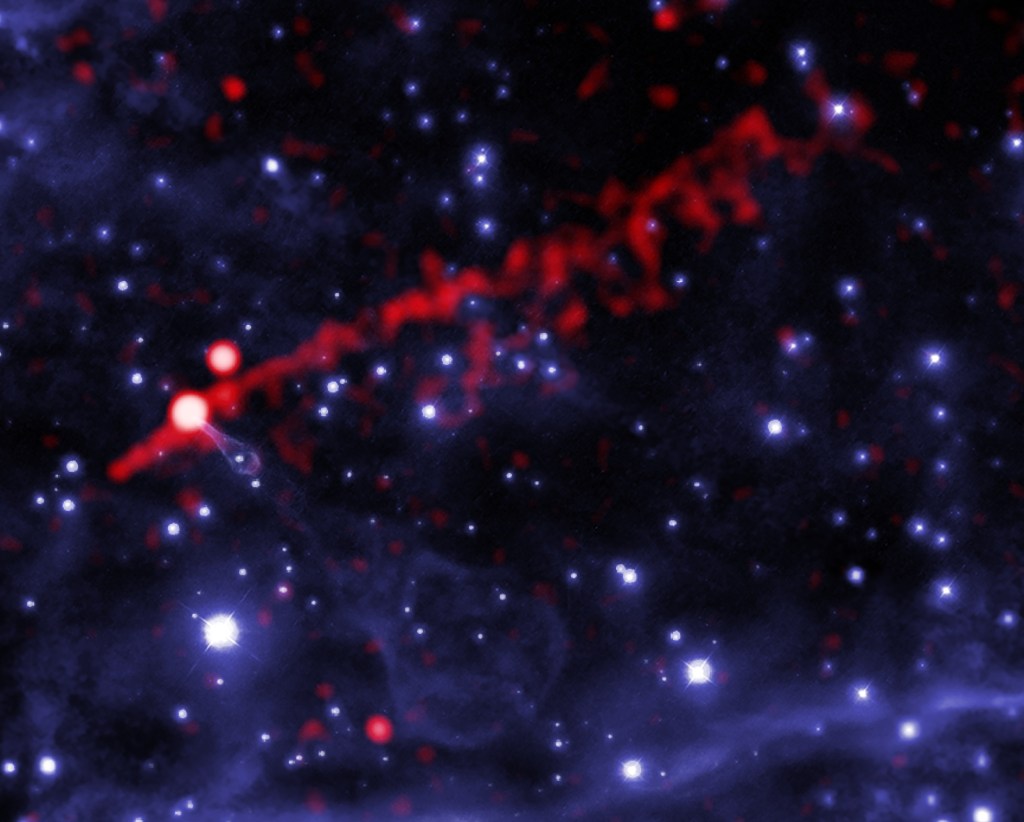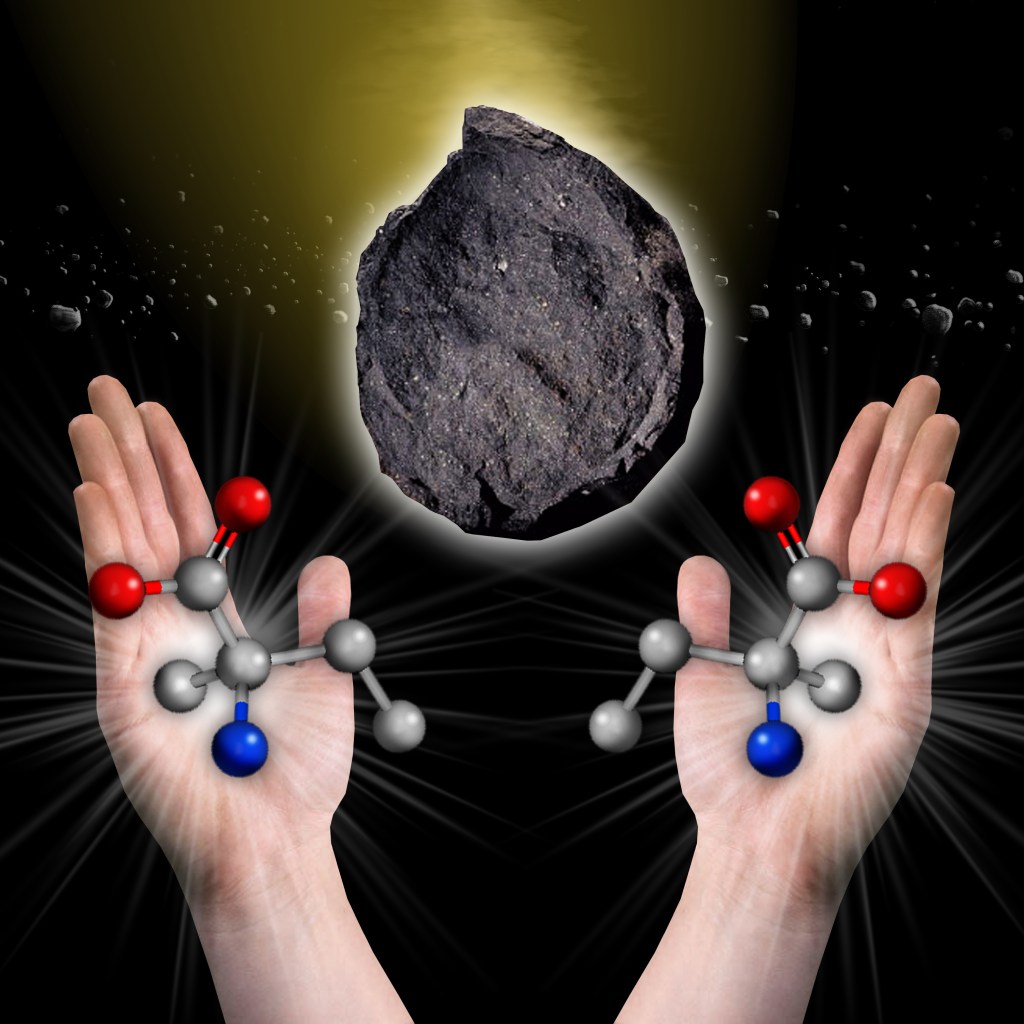Feb. 15, 2024
RELEASE: J24-003
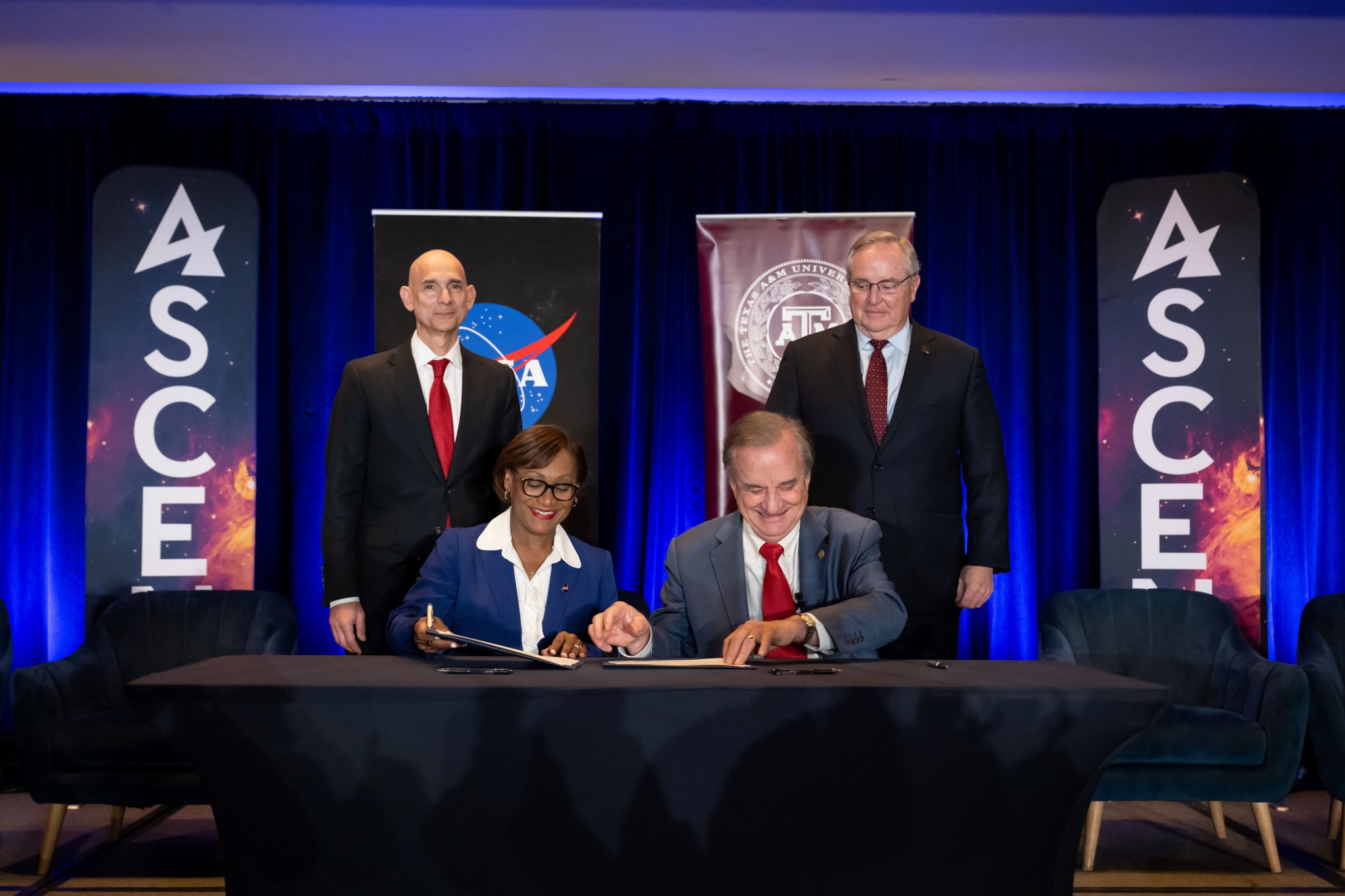
NASA Selects Texas A&M as First Approved Exploration Park Facility
NASA and the Texas A&M University System announced an agreement Thursday, Feb. 15, to lease underutilized land in Exploration Park, a 240-acre development at the agency’s Johnson Space Center in Houston. The A&M System will develop a facility to enable human spaceflight research and development that enables the commercial space economy.
The lease agreement will allow the A&M System and others to use NASA Johnson land to create facilities for a collaborative development environment that increases commercial access and enhances the United States’ commercial competitiveness in the space and aerospace industries.
NASA Johnson Director Vanessa Wyche, Texas A&M University System Chancellor John Sharp, and Texas A&M University President Mark Welsh III announced the new collaboration at the AIAA-hosted Ascend Texas (ASCENDxTexas) Conference at South Shore Harbour Conference Center.
“For more than 60 years, NASA Johnson has been the hub of human spaceflight,” Wyche said. “Exploration Park will be the next spoke in the larger wheel of a robust and durable space economy that will benefit not only exploration of the Moon, Mars and the asteroids, but all of humanity as the benefits of space exploration research roll home to Earth.”
As the home of Mission Control Center for the agency’s human space missions, astronaut training, human health and space medicine, and leadership of premiere human spaceflight programs and missions, NASA Johnson leads the way for human space exploration. Leveraging this unique role and location, Exploration Park will play a key role in helping the human spaceflight community attain U.S. goals for the commercialization and development of a robust space economy by creating an infrastructure that fosters a multi-use environment where academic researchers, aerospace companies and entrepreneurs can collaborate with NASA and solve space exploration’s greatest challenges.
“The Texas A&M University System has a long history of supporting space-related research, and Texas A&M University has been a space grant university since 1989,” Sharp said. “This new agreement and planned facility will allow us to build on our space tradition and help us to be a major part of the commercial space economy.” NASA issued an announcement for proposals for use of the undeveloped and underutilized land near Saturn Lane on June 9, 2023, and has just completed negotiations with the Texas A&M University System Board of Regents to formalize the lease agreement. The parcel is outside of Johnson’s controlled access area and adjacent to its main campus. NASA will lease the land to the A&M System for an initial period of 20 years, with two additional 20-year options, for a potential total of 60 years.
“For the last 35 years, Texas A&M University has honored its space-grant mission by becoming a powerhouse in human and robotic space exploration,” Welsh said. “This agreement enables us to leverage faculty expertise, establish strategic partnerships and develop resources to foster new discoveries, technological innovations and a future workforce that will benefit Texas and the nation. We are grateful to NASA, the Board of Regents and the State of Texas for their vision and support of Texas A&M’s work in space exploration.”
In the coming years, NASA and its academic, commercial, and international partners will see the completion of the International Space Station Program, the commercial development of low Earth orbit, and the first human Artemis campaign missions establishing a sustainable human presence on the Moon in preparation for human missions to Mars.
Johnson already is leading the commercialization of space with the commercial cargo and crew programs and private astronaut missions to the space station. The center also is supporting the development of commercial space stations in low Earth orbit, and lunar-capable commercial spacesuits and lunar landers that will be provided as services to both NASA and the private sector to accelerate human access to space. Through the development of Exploration Park, the center will broaden the scope of the human spaceflight community that is tackling the many difficult challenges ahead.
-end-
Kelly Humphries
Johnson Space Center, Houston
281-483-5111
kelly.o.humphries@nasa.gov





